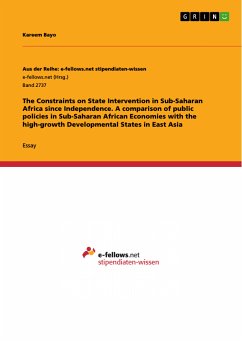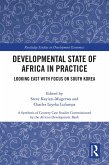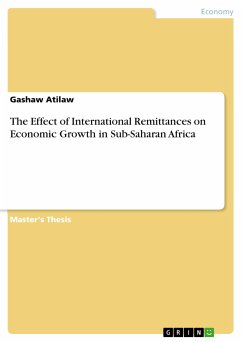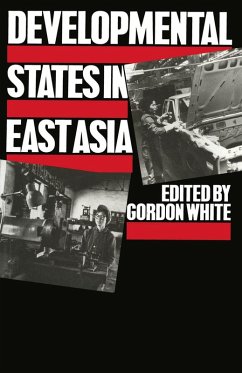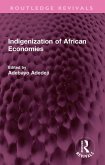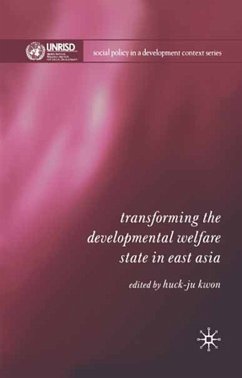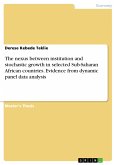Essay from the year 2016 in the subject Economics - Macro-economics, general, grade: 1,0, School of Oriental and African Studies, University of London, language: English, abstract: The debate on the decisive constraints on state intervention which might have impeded a developmental progress in Sub-Saharan African since the era of independence in the 1950s and 1960s is manifold. Whereas conventional analyses have been regarding inadequate policy choices and excessive pursuit of self-interests by developing country governments as the core reasons for unsatisfactory developmental outcomes, others criticise the voicing of such general inferences and, instead, emphasise historical and structural circumstances as the underlying causes that can explain the 'African tragedy'. Hence, the role of the state in enabling development has continuously been subject to a shift of theoretical paradigms. The economical uprising of the 'East Asian 'developmental states' during the second half of the 20th century contributed to this dispute as a functional relationship between the decisive impact of market- or state-driven approaches could not be established. By differentiating between constraints and by focussing the analysis on the most relevant ones, it is possible to provide an analytical framework that allows for a critical review of the evolution of the restraints on state intervention in Sub-Saharan Africa in light of the policy experiences provided by the 'success story' of East Asia. Henceforth, this essay will demonstrate that the central pillars restricting state intervention in Sub-Saharan Africa have been political instability coupled with an overly dependence on commodities as primary export goods. Due to these aspects, a structural inability to generate sufficient and diverse forms of public revenues prevailed which, in turn, impeded the implementation of development-enhancing public policies. The essay is organised as follows: Section 2 discusses the most central constraints on state intervention. In section 3, the conceptual framework of the East Asian developmental state is presented before section 4 analyses its relevance for Sub-Saharan Africa. Section 5 provides a country case study. Section 6 concludes.
Dieser Download kann aus rechtlichen Gründen nur mit Rechnungsadresse in A, B, BG, CY, CZ, D, DK, EW, E, FIN, F, GR, HR, H, IRL, I, LT, L, LR, M, NL, PL, P, R, S, SLO, SK ausgeliefert werden.

